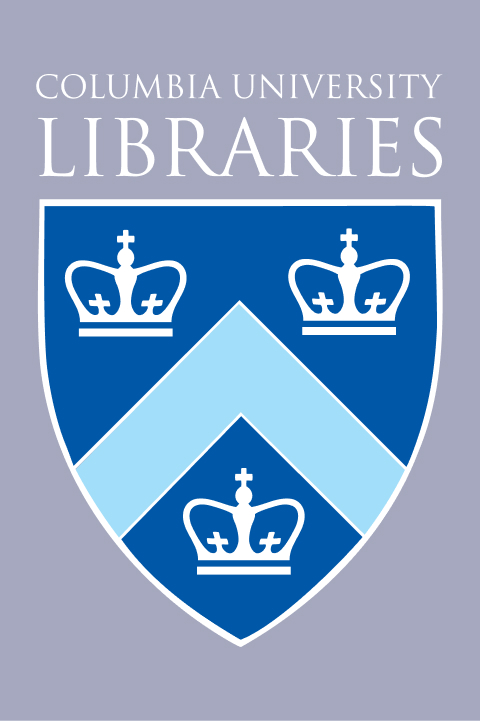Oral History
The oral history collecting policy on our website discusses the past, present, and future collecting priorities of both “oral history as format” and “oral history as research” content (e.g. topical) covered in the collection.
a. Undergraduate
Not applicable.
b. Graduate and Professional Schools
The oral history archives work closely with the Oral History Master of Arts (OHMA) located in the Columbia Center for Oral History Research (CCOHR). This collaboration includes an annual introductory talk regarding archiving oral histories to incoming students, periodic participation in the one-day oral history workshops once or twice per academic year, and soliciting student oral history collections that align with current collecting priorities.
c. Institutes, Interdisciplinary Programs, etc.
The oral history archives work in conjunction with CCOHR, which is situated within the Interdisciplinary Center for Innovative Theory and Empirics (INCITE). In addition to the aforementioned collaboration with OHMA, INCITE and CCOHR conduct large-scale oral history research projects. The archive typically houses these projects, providing archival, access, and preservation services. These projects are typically available to researchers in the Rare Book & Manuscript Library Reading Room. INCITE and CCOHR also field oral history project proposals.
d. Course Reserves
Oral history materials are not available for course reserves. Faculty are advised, however, to contact the Curator for Oral History to advise when students are assigned to use the oral history collection in the Rare Book & Manuscript Library Reading Room. Faculty can also request a selection of project files for students to review if these materials would be useful to students studying and researching the field’s historical development.
a. Print
Not applicable.
b. Digital Collections
Not applicable.
c. Media
Not applicable.
d. Languages Collected
The primary language of collection is English. Historically, the Oral History Research Office has accepted collections donated in other languages, mainly Chinese and Russian. Some transcripts may be in languages other than English.
e. Chronological Focus
The collecting focus is on oral history interviews conducted in the present day. These collections are more easily vetted for their possible inclusion in the oral history archives. Historic collections pose archival, ethical, and research problems, such as inadequate releases, poor interviewer skills, and missing documentation issues that require significant curation and selection.
f. Geographical Focus
Ideally, collecting would be New York City-centric oral histories that build on current collections and new collecting priorities.
g. Imprint Dates Collected
Not applicable.
The entirety of the oral history archives resides in the Rare Book & Manuscript Library.
a. Consortia and Collaborative Collecting with Other Institutions
Outreach includes working with local and community archives to have jointly-held collections that are reparative and mindful of historic exclusions. An example is our collaboration with the Weeksville Heritage Center to teach community members about oral history as a practice and to jointly provide access and preservation for community-generated materials.
b. Location Decisions and Selection for ReCAP
Oral history materials on site include administrative files, which are occasionally accessed for instruction, and oral history transcripts.
Oral history materials located off site include transcript duplicates, all accessioned analog materials (e.g. reels, cassettes, etc.), unprocessed collections, and biographical interviews.
c. Deaccessioning
The deaccessioning policy is currently being formulated based on oral histories with troubled historical, contractual, and ethical rights issues (e.g. lack of releases, interviews closed in perpetuity, etc.).
d. Digitization and Preservation
The oral history archives and collections are the primary subject of the Libraries-wide time-based media initiative. It is anticipated that the entire collection will be digitized by 2022.

Kimberly Springer
Curator of Oral History
- Columbia Center for Oral History Archives
Last updated: November 2018